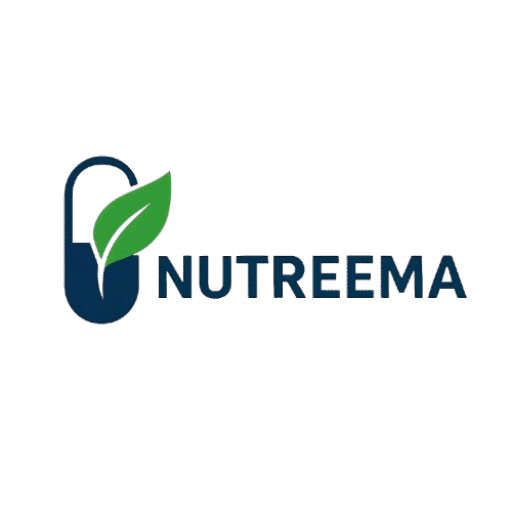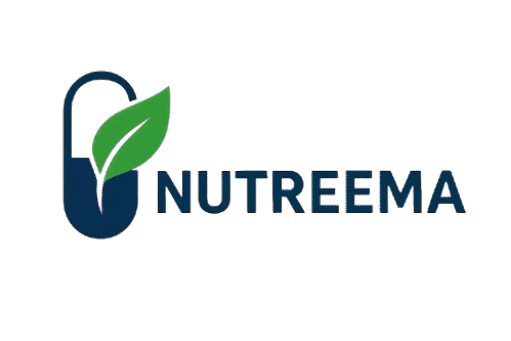The connection between diet and mental health is stronger than ever. Research shows that nutrient deficiencies can worsen anxiety, depression, and cognitive decline, while the right foods—and supplements—can support brain function and emotional well-being. Let’s explore the science behind key nutrients for mental health and which supplements may help.
How Nutrition Affects Mental Health
The brain requires a constant supply of vitamins, minerals, and healthy fats to function optimally. Poor nutrition can lead to:
-
Low serotonin & dopamine (linked to depression and anxiety)
-
Increased inflammation (associated with mood disorders)
-
Oxidative stress (contributing to cognitive decline)
Certain supplements can help fill nutritional gaps that diet alone may not cover.
Top Supplements for Mental Health
1. Omega-3 Fatty Acids (EPA & DHA)
-
Benefits: Reduces inflammation, supports brain cell structure, and improves mood.
-
Best For: Depression, ADHD, and memory support.
-
Dose: 1,000–2,000 mg daily (with higher EPA for mood, higher DHA for cognition).
-
Sources: Fish oil, algae oil (vegan).
2. Magnesium (Glycinate or L-Threonate)
-
Benefits: Calms the nervous system, reduces anxiety, and improves sleep.
-
Best For: Stress, insomnia, and migraines.
-
Dose: 200–400 mg daily (preferably at night).
-
Sources: Magnesium glycinate (gentlest), magnesium L-threonate (brain-specific).
3. Vitamin D3 + K2
-
Benefits: Regulates mood, supports serotonin production, and reduces seasonal depression.
-
Best For: Low mood, fatigue, and cognitive decline.
-
Dose: 1,000–5,000 IU daily (test levels first).
-
Sources: D3 with K2 for better absorption.
4. B-Complex Vitamins (Especially B9 & B12)
-
Benefits: Supports neurotransmitter production (serotonin, dopamine) and reduces brain fog.
-
Best For: Depression, fatigue, and memory issues.
-
Dose: Active forms (methylfolate & methylcobalamin) are best.
-
Sources: Look for methylated B vitamins (crucial for those with MTHFR gene mutations).
5. Probiotics (Psychobiotics)
-
Benefits: Gut health directly impacts mood via the gut-brain axis. Certain strains (e.g., Lactobacillus and Bifidobacterium) reduce anxiety and depression.
-
Best For: Anxiety, stress, and digestive issues.
-
Dose: 10–50 billion CFU daily (multi-strain formulas work best).
6. L-Theanine
-
Benefits: Promotes relaxation without drowsiness; enhances alpha brain waves.
-
Best For: Stress, focus, and sleep support.
-
Dose: 100–400 mg daily (often paired with caffeine for focus).
7. Zinc & Copper (Balanced Ratio)
-
Benefits: Zinc deficiency is linked to depression and ADHD; copper balance is crucial for neurotransmitter function.
-
Best For: Mood regulation, focus, and immune support.
-
Dose: 15–30 mg zinc + 1–2 mg copper daily.
Do These Supplements Really Work?
-
Yes, but they’re not magic pills. They work best alongside a whole-food diet (rich in leafy greens, fatty fish, nuts, and seeds).
-
Individual needs vary—some people respond better to certain nutrients based on genetics and deficiencies.
-
Testing helps—checking vitamin D, B12, magnesium, and omega-3 levels can guide supplementation.
Lifestyle Tips for Better Mental Health
Supplements help, but these habits maximize their effects:
✅ Eat a brain-boosting diet (Mediterranean or anti-inflammatory diets are ideal).
✅ Exercise regularly (increases BDNF, a brain-growth hormone).
✅ Prioritize sleep (critical for neurotransmitter balance).
✅ Manage stress (meditation, breathwork, and therapy help).
Final Thoughts
While supplements can support mental health, they work best as part of a holistic approach. If you struggle with anxiety, depression, or brain fog, consider testing for deficiencies and consulting a healthcare provider before starting new supplements.
Have you tried any of these for mental health? Share your experience below!


